How community-based tourism can reshape travel for the better
Make your trips more rewarding, with five tips for finding a responsible community travel company
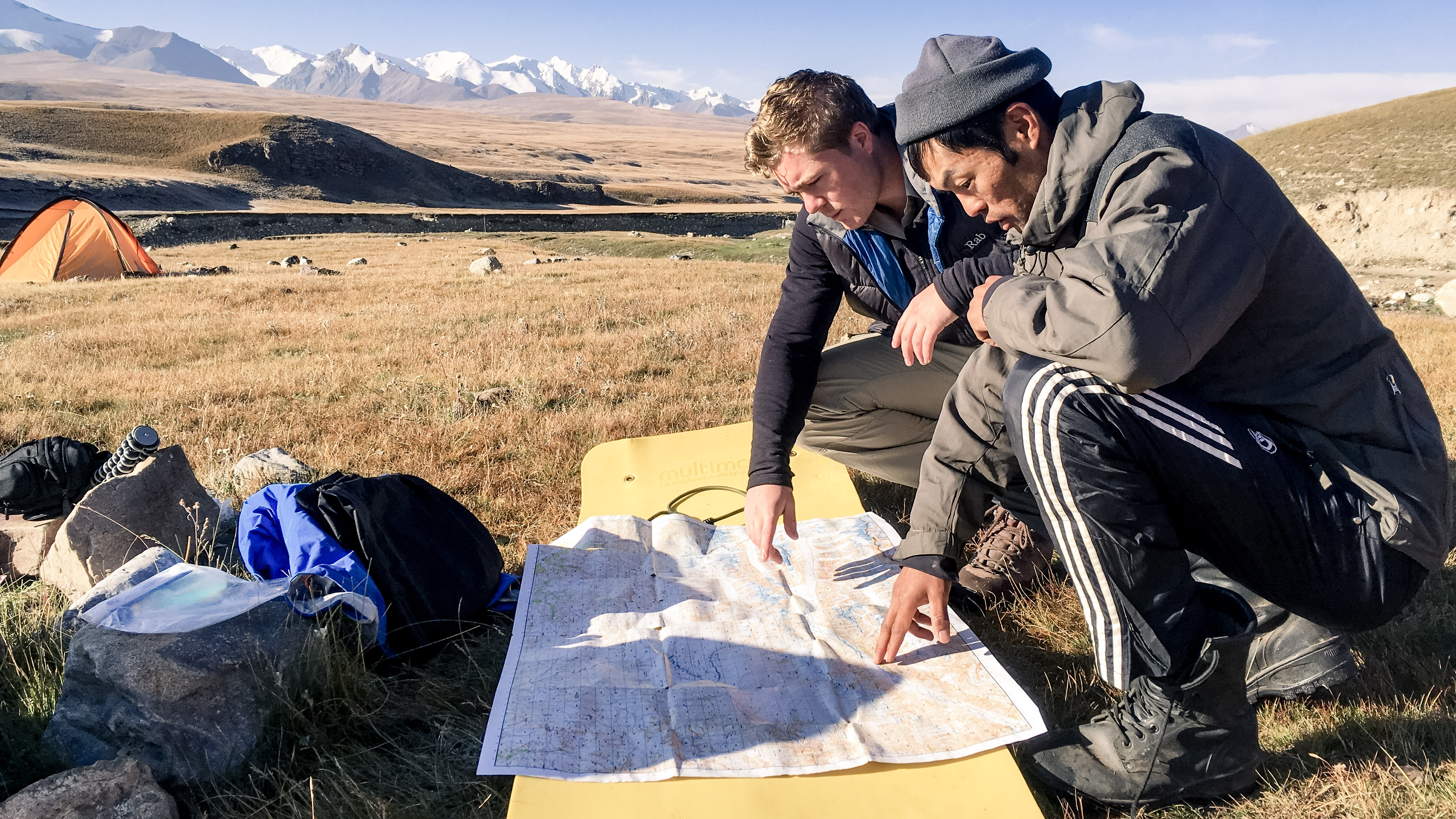
A free daily email with the biggest news stories of the day – and the best features from TheWeek.com
You are now subscribed
Your newsletter sign-up was successful
Henry Haselock is a qualified expedition leader, adventurer and fellow of the Royal Geographical Society. He has led many expeditions across the world and completed a world-first crossing on foot of the Chalbi desert in Kenya
Since the world reopened after Covid, an increasing number of travellers have sought out authentic, community-led experiences. This has created an exciting new age of tourism – but also an increasing disconnect between the commercial opportunity for host countries and the actual benefits for local communities in these areas.
Over the years I have been on many different trips where I have witnessed the positive impact of community-based tourism in its purest form. The best examples provide local people with a substantial share of the profits and give them the power to decide how the money is distributed to benefit the community.
The Week
Escape your echo chamber. Get the facts behind the news, plus analysis from multiple perspectives.

Sign up for The Week's Free Newsletters
From our morning news briefing to a weekly Good News Newsletter, get the best of The Week delivered directly to your inbox.
From our morning news briefing to a weekly Good News Newsletter, get the best of The Week delivered directly to your inbox.
They range from trekking in the mountains of northern Ethiopia with guides from the local mountain valleys, to drinking yak's milk with nomadic Mongolian herdsmen, to hopping between some of Africa's most luxurious safari camps. What's amazing is that these are holidays like no other: you can see the difference your money makes, not just to one family but to a whole community.
For me, these journeys have been personal and deeply satisfying. They build new relationships, create understanding between people from different cultures and together they point towards a model of travel that respects the land, the people who live on it and all of their futures.
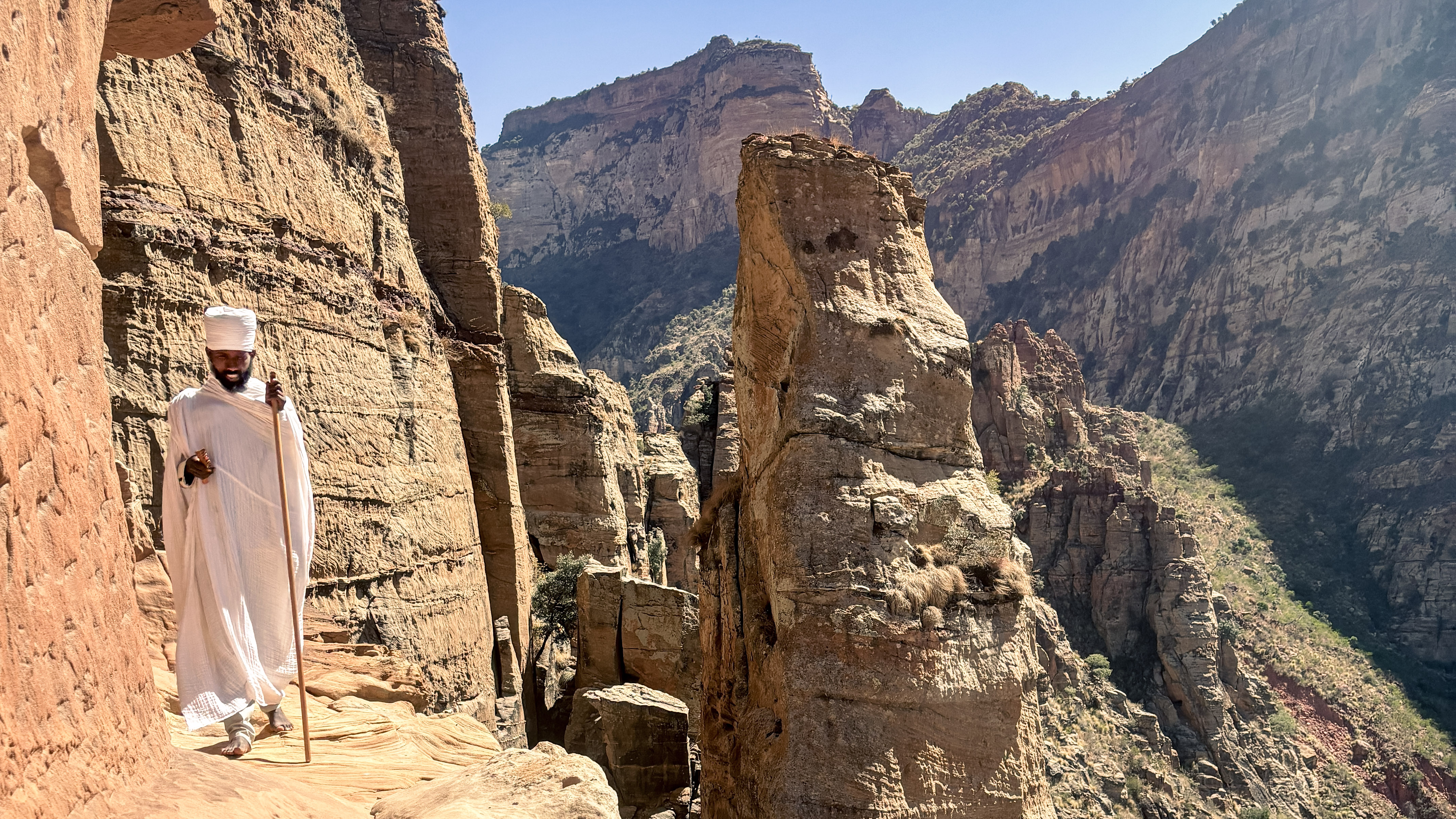
A Tigray priest in northern Ethiopia, where many of the ancient churches are built high on mountain cliff edges
I hope the tips below can help inspire you to set out on your own community-based adventure.
Choose the right travel company
A free daily email with the biggest news stories of the day – and the best features from TheWeek.com
When looking for a sustainable community-based travel company, there are a few things to look out for. One rule of thumb is that small is best. Tour groups of no more than eight people allow for more interaction on a personal level and a better chance of fostering true understanding.
You should also look for any certifications that a company has, which are a useful way to verify if that company is acting sustainably. B Corp certification, for example, provides reassurance that the company has a responsible approach to its social and environmental impact. Don't be afraid to quiz a travel company on its partners and suppliers, and ask if it employs local guides and/or buys provisions from the host community.
Get off the beaten track
The best way to immerse yourself in a different community or culture is to avoid the tourist traps. Don't be fooled by a well-edited Instagram post – a lot of the time these hotspots don't live up to their expectations. Getting off the beaten track will increase your chances of finding an authentic experience, and spread the benefits of tourism to local communities. It will also reduce the problems that over-tourism can bring to established destinations.
Take a longer trip
Holiday time is precious, so rather than trying to tick off all the bucket-list sights while rushing from place to place, why not slow down and take fewer, longer trips. This will allow you to spend time in the community you are visiting, learning more about them. As well as delivering a more meaningful and memorable travel experience, it will provide greater benefits to the local population.
Respect the local community
Whenever you're travelling to a new country or visiting a new community, it's important to understand established traditions, beliefs and customs. Make sure you do your research beforehand by reading up on local history, language (learning to say hello and thank you will go a long way) and even the politics, especially if there has been unrest in recent years. Respectful curiosity goes a long way, particularly in smaller communities.
Spend locally
Try to make sure that as much of your money as possible ends up in the pockets of people who live in the community you're visiting. This can be done by going to local village markets, buying food from farmers for the next leg of your hike, and eating what has been reared and grown locally. All this contributes to the local economy and cultural empowerment.
-
 The Olympic timekeepers keeping the Games on track
The Olympic timekeepers keeping the Games on trackUnder the Radar Swiss watchmaking giant Omega has been at the finish line of every Olympic Games for nearly 100 years
-
 Will increasing tensions with Iran boil over into war?
Will increasing tensions with Iran boil over into war?Today’s Big Question President Donald Trump has recently been threatening the country
-
 Corruption: The spy sheikh and the president
Corruption: The spy sheikh and the presidentFeature Trump is at the center of another scandal
-
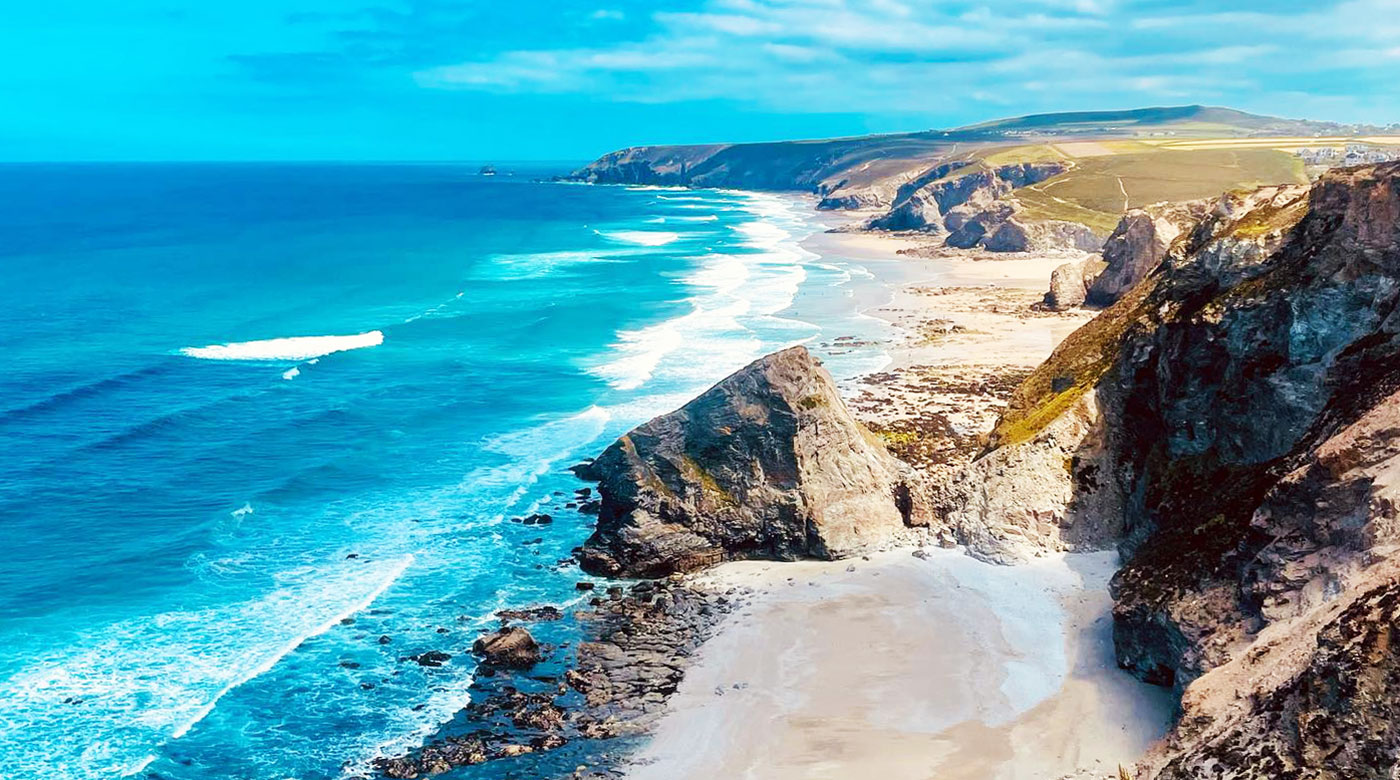 UK adventure breaks: challenge yourself on an active staycation
UK adventure breaks: challenge yourself on an active staycationThe Week Recommends From the South Downs to the West Highland Way, Britain is one big adventure playground
-
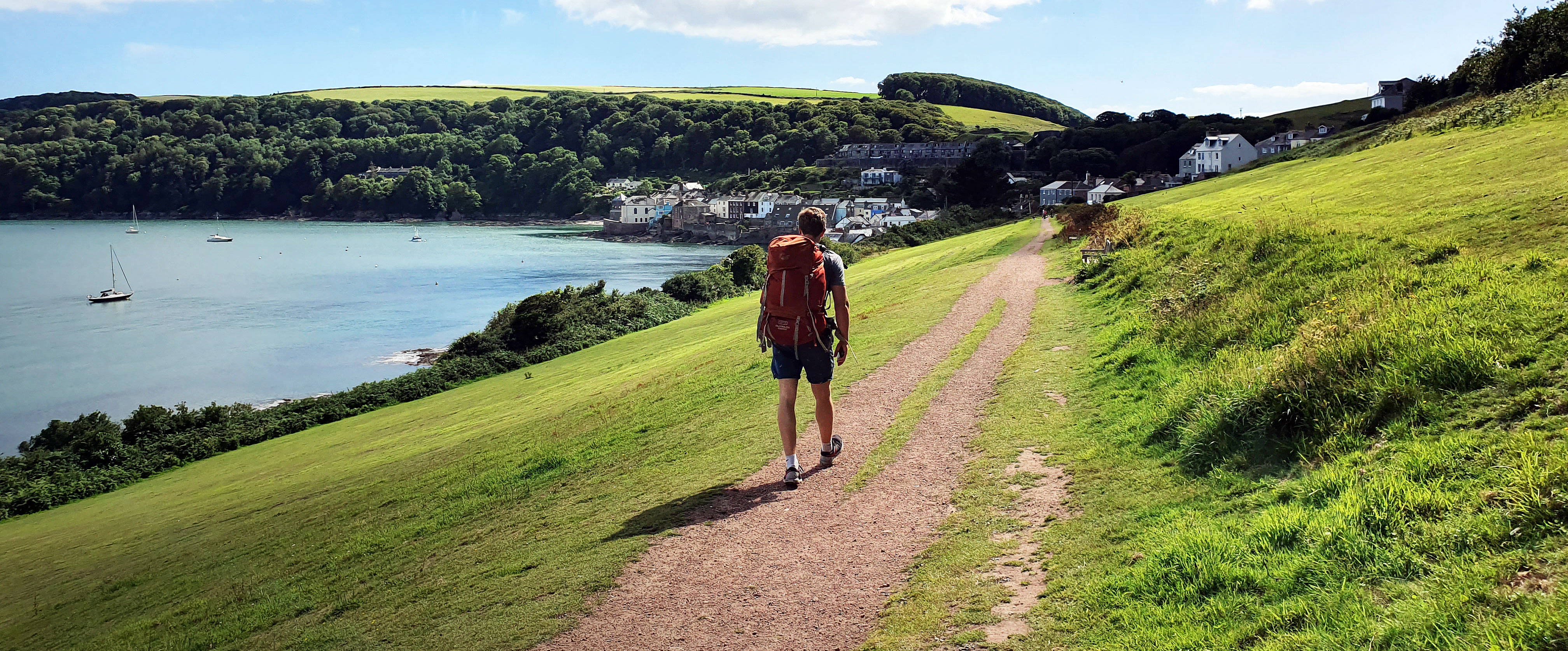 Hiking the South West Coast Path: a Covid micro adventure
Hiking the South West Coast Path: a Covid micro adventureThe Week Recommends The Plymouth-to-Falmouth trail is perfect for blowing away lockdown cobwebs
-
 An adventurer’s guide to social isolation
An adventurer’s guide to social isolationIn Depth The Week’s resident expedition leader, Henry Haselock, on what we can learn from the heroics of the past
-
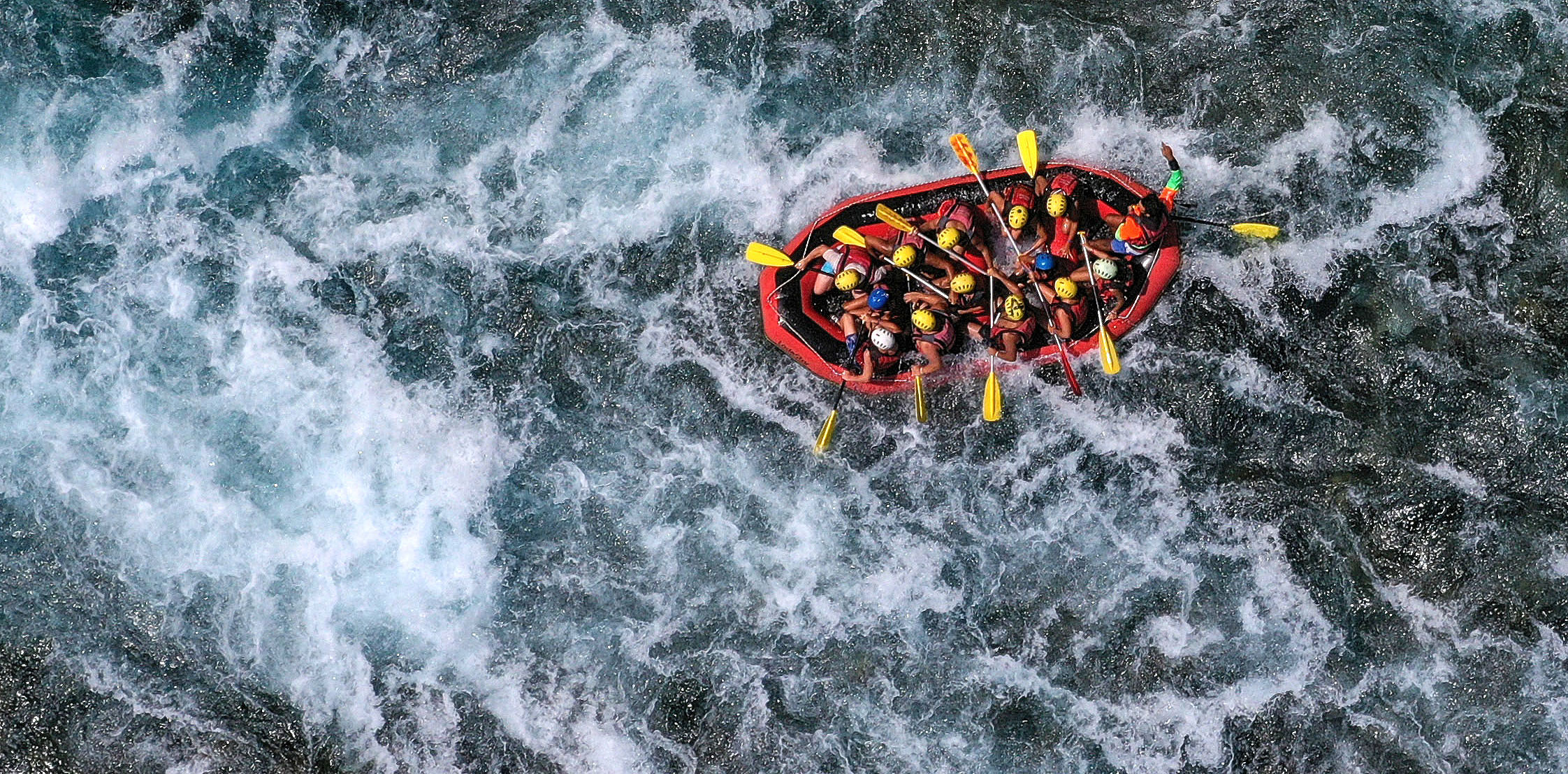 Weekend adventurers: seven days out in the great outdoors
Weekend adventurers: seven days out in the great outdoorsThe Week Recommends
-
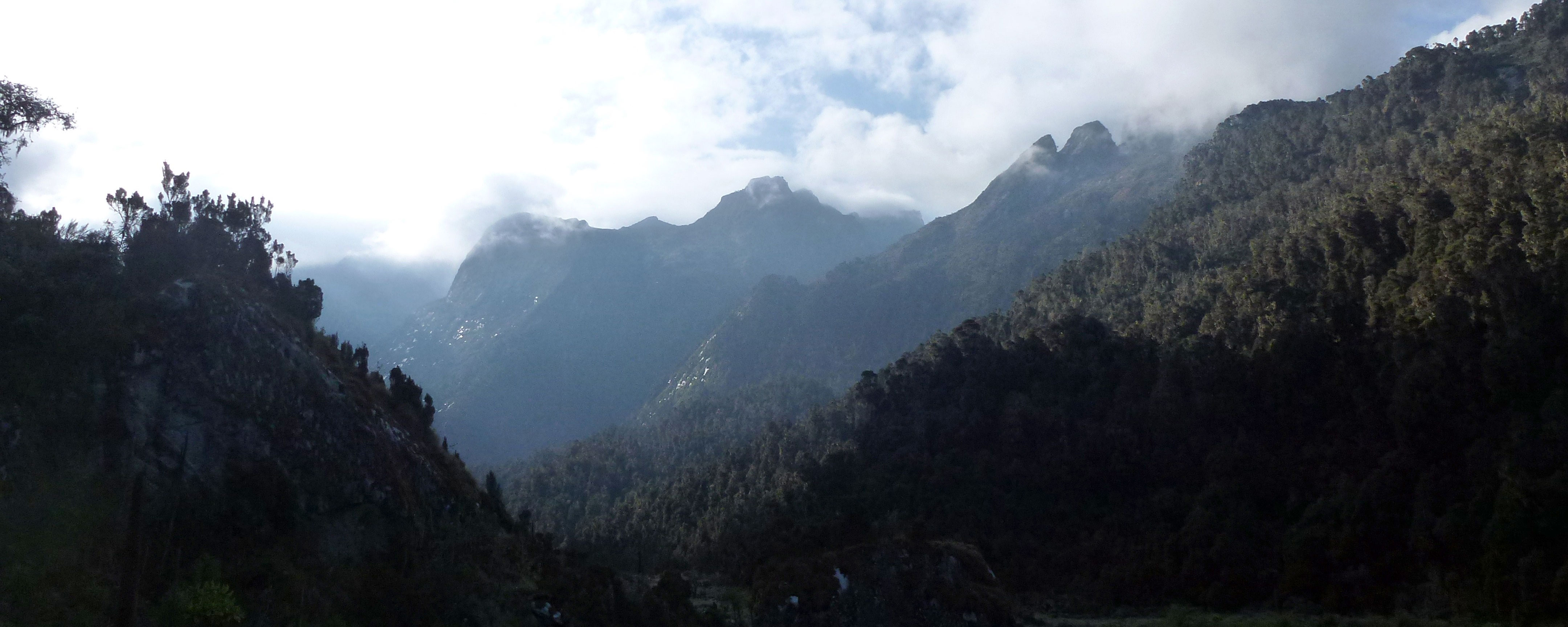 Climbing Mount Stanley, the Mountain of the Moon
Climbing Mount Stanley, the Mountain of the MoonThe Week Recommends Kilimanjaro may be taller, but Uganda’s highest peak is a more challenging climb
-
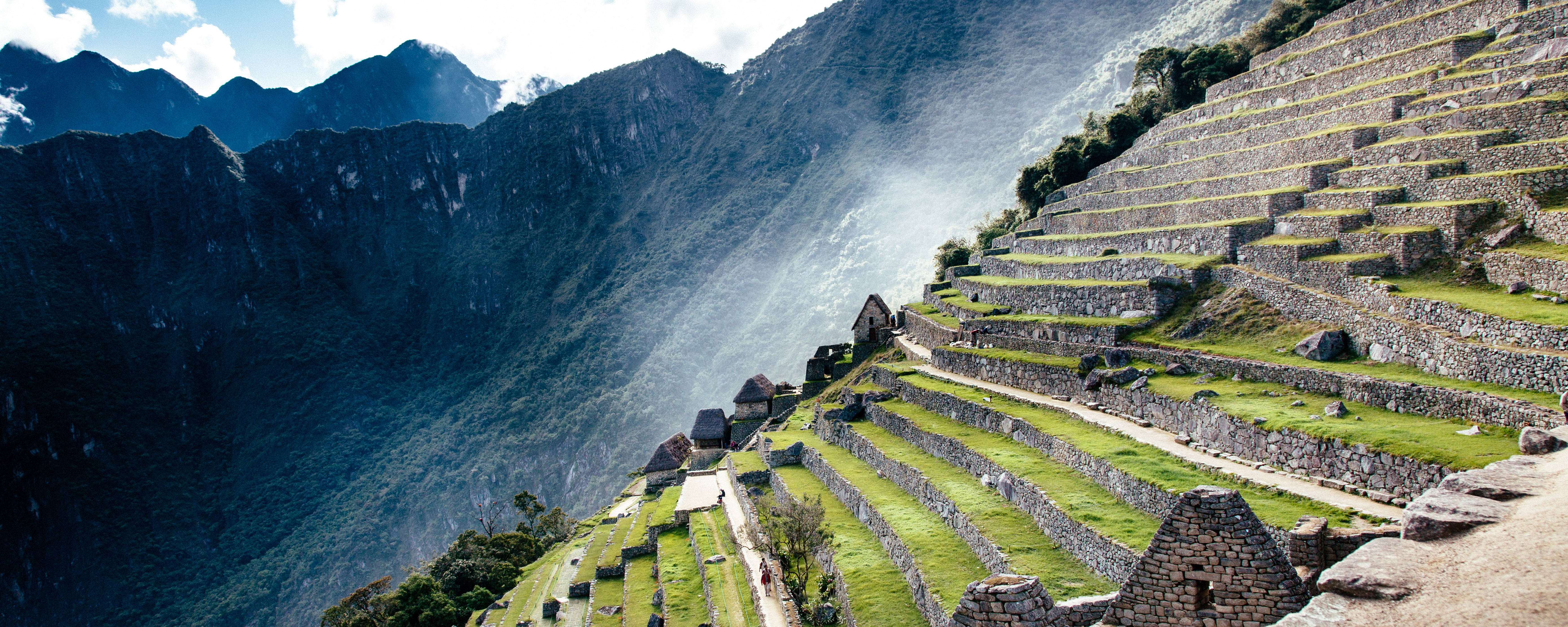 Salkantay and Lares: the slow road to Machu Picchu
Salkantay and Lares: the slow road to Machu PicchuThe Week Recommends When you’re surrounded by Andean culture and landscapes, there’s no need to hurry
-
 Wild Tanzania: safari with a sense of adventure
Wild Tanzania: safari with a sense of adventureThe Week Recommends Dive into Lake Tanganyika, see lions in a super-volcano crater and lock eyes with an alpha male chimp on Tanzania’s road less travelled
-
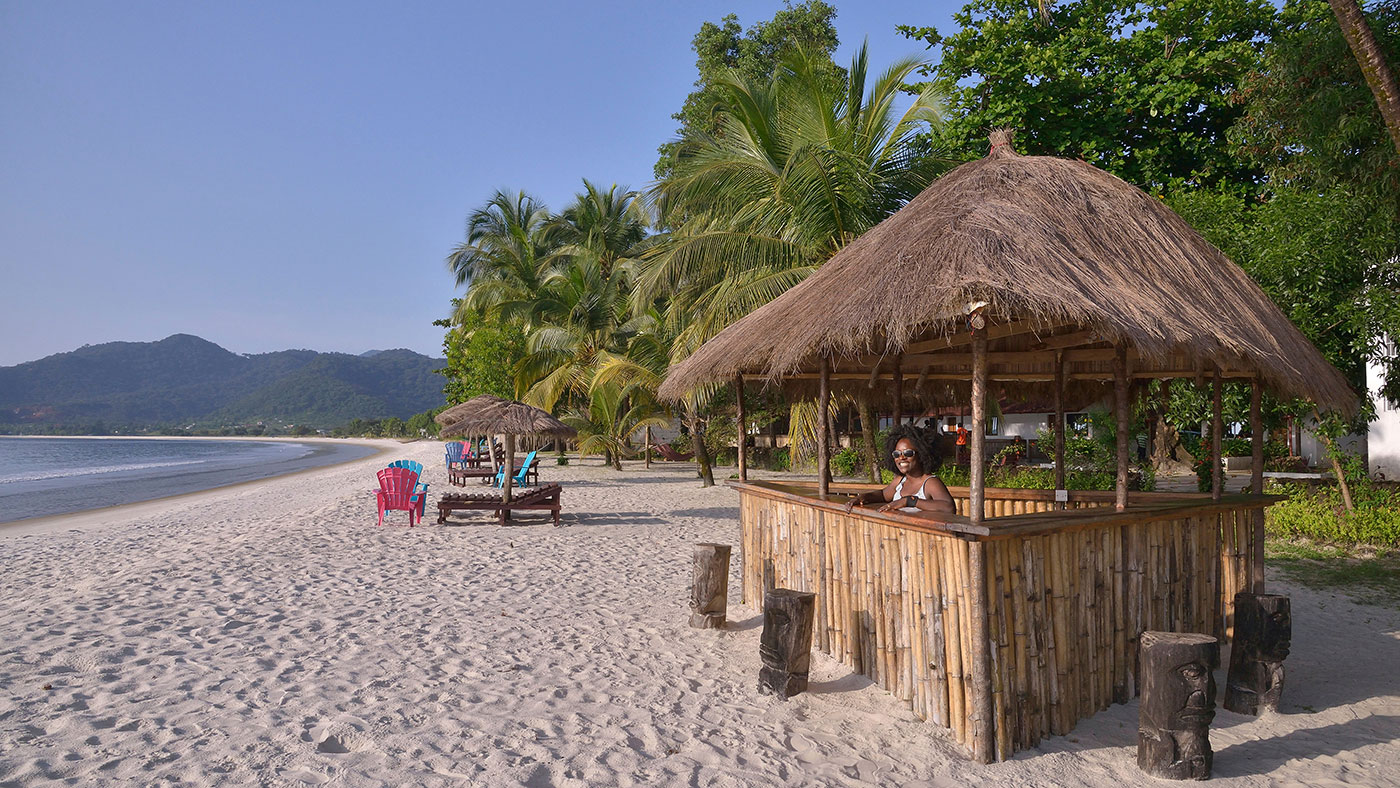 Three adventures off the beaten track
Three adventures off the beaten trackSpeed Read Lose yourself in undiscovered corners of the world